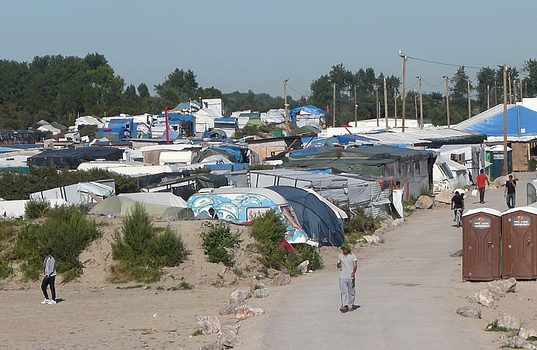
From enforced Iris scans as a means of accessing aid in Jordan, to the seizure of phones in Germany as a form of identity verification; the use of biometrics and personal data for identification, categorisation and way of accessing fundamental rights has become implicit in global asylum procedures. With the collection, processing and storing of huge amounts of personal data, methods of governance are changing, and structures of power need to be addressed. Whilst migrants are arguably becoming increasingly dependent on elements of such technologies to navigate their way along migration routes and accessing information whilst making asylum claims, these processes have often resulted in increased surveillance, exploitation and control of displaced people.
Through exploring the use of data within asylum procedures and monitoring of migration within the EU, this research hopes to highlight the continuing importance to focus these discussions in relation to structural injustices and with consideration of the political and economic intention driving the current evolution of such technologies.
The research will focus on three case studies – in the UK, Germany and Greece, examining both the digitalisation of the border as a means of increasing control over European territories, as well as studying lived experiences and uses of digital technologies along the migration route.